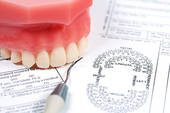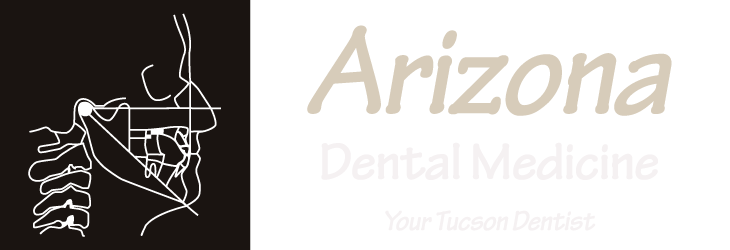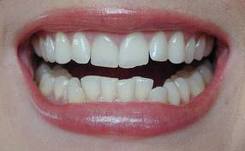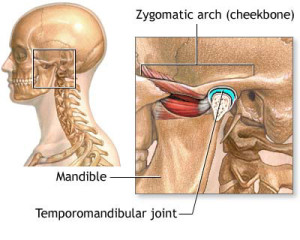If you have dental insurance coverage, like most people, you want to know how much of the treatment will be covered and how  much out-of-pocket expense will I have?
much out-of-pocket expense will I have?
Most dental benefit plans arise from an agreement between an insurance company and a plan sponsor [employer or union]. There are literally hundreds of plans with endless variables concerning limitations, exclusions, deductibles, annual of lifetime maximum benefits, co-payments and fee schedules. If you have changed jobs, your new plan may not have any resemblance to your old one.
If you are being offered a plan, ask if there are several plans from which to choose. Beside yourself, who in the family will be covered? See if the plan you choose covers pre-existing conditions. If the plan is provided by your union or employer, is there any direct cost to you? If so, how much? Compare this with what you understand the benefits of the program to be.
If you already have dental insurance, we need you to bring in specific information for us to give you the best advice as to your coverage. We must have your insurance policy and ID number. Most important, bring your benefits booklet. If you don’t have one, call your employer or insurance company and request it.
Once we read the benefits book, we can project a general idea for what services and treatment are covered and the percentage of reimbursement. Many third party payers request a “predetermination of benefits” on treatment plans. We can submit the proper form and appropriate records to the insurance company. They will return it with the accepted, allowable treatment and the exact amount of coverage.
Once we have reviewed your plan, we should be able to answer most of your questions. Some plans will only allow the least expensive way to treat a problem, regardless of your choice or our recommendation. We would hope that you don’t base your dental needs and oral health solely on what benefits your plan allows. Our office will be happy to discuss a variety of financial arrangements that will make it possible to receive the treatment you need, while maximizing your insurance benefits.



